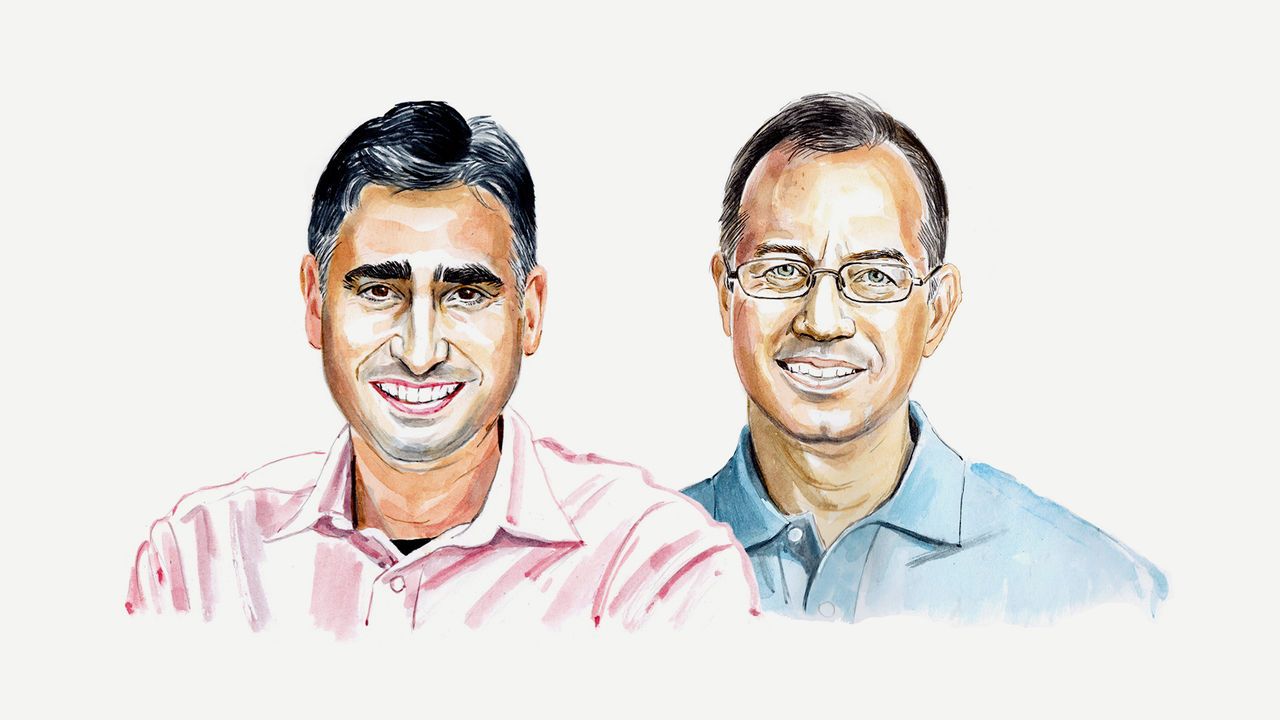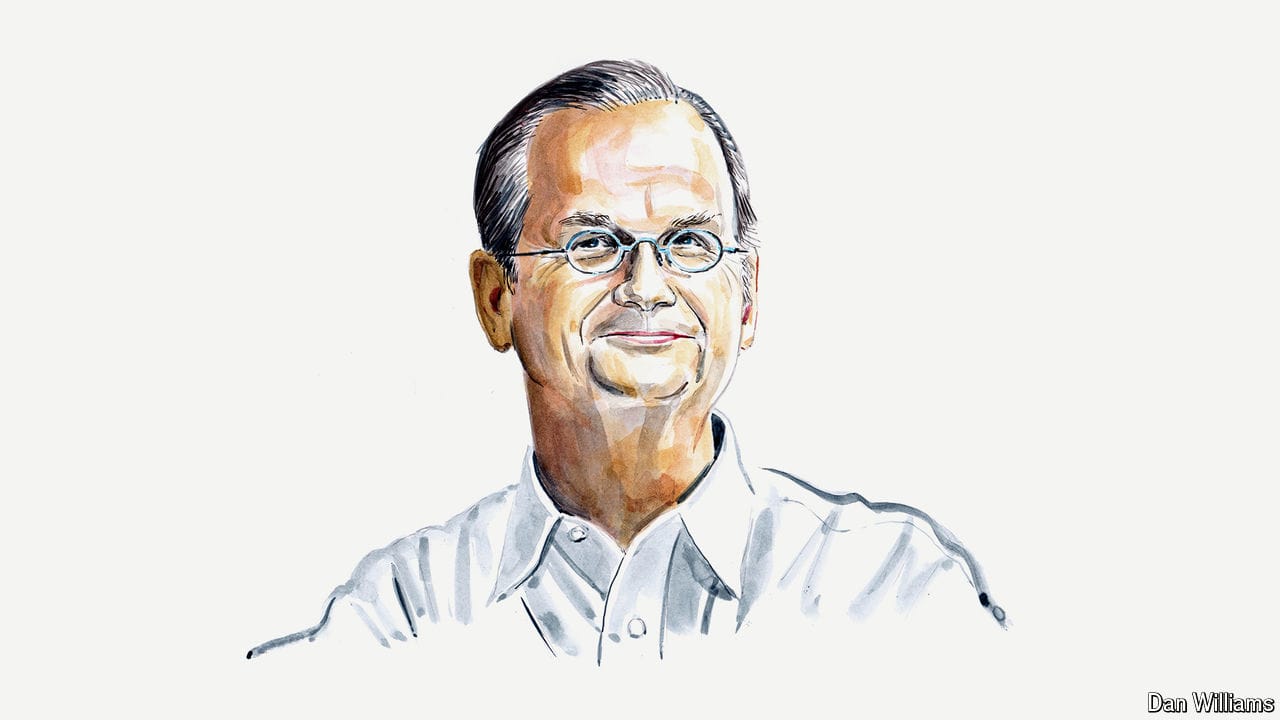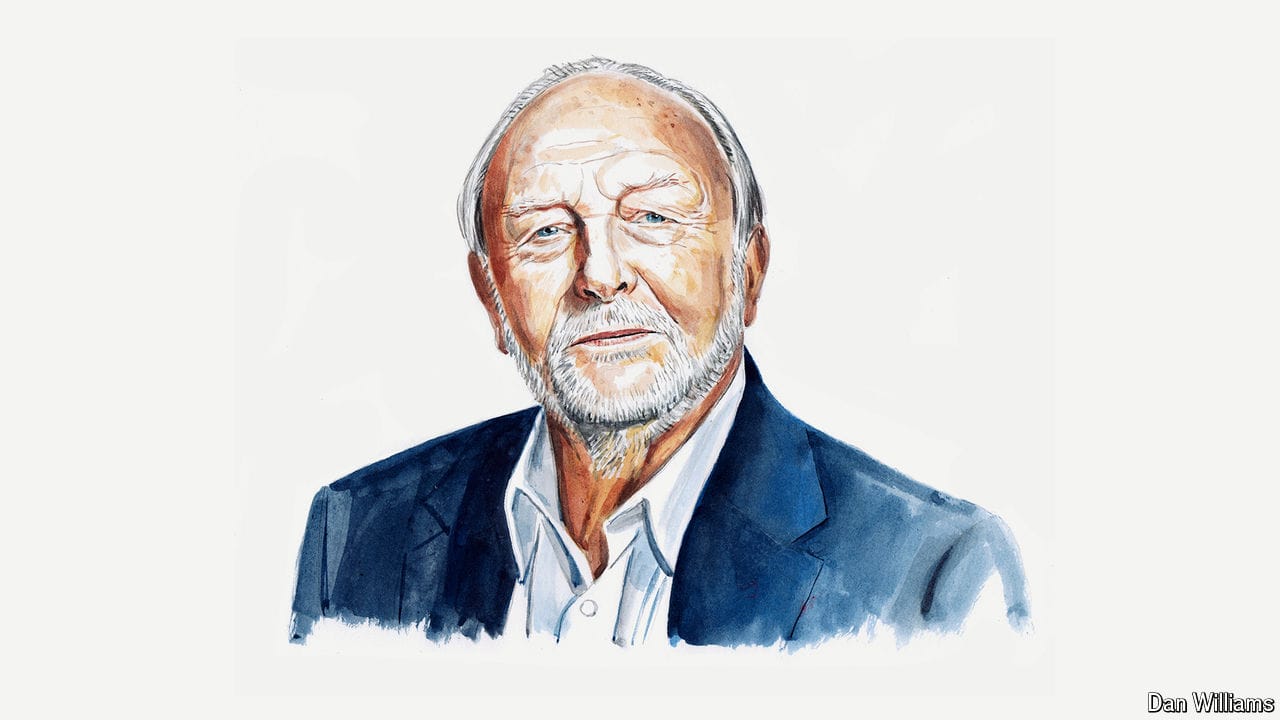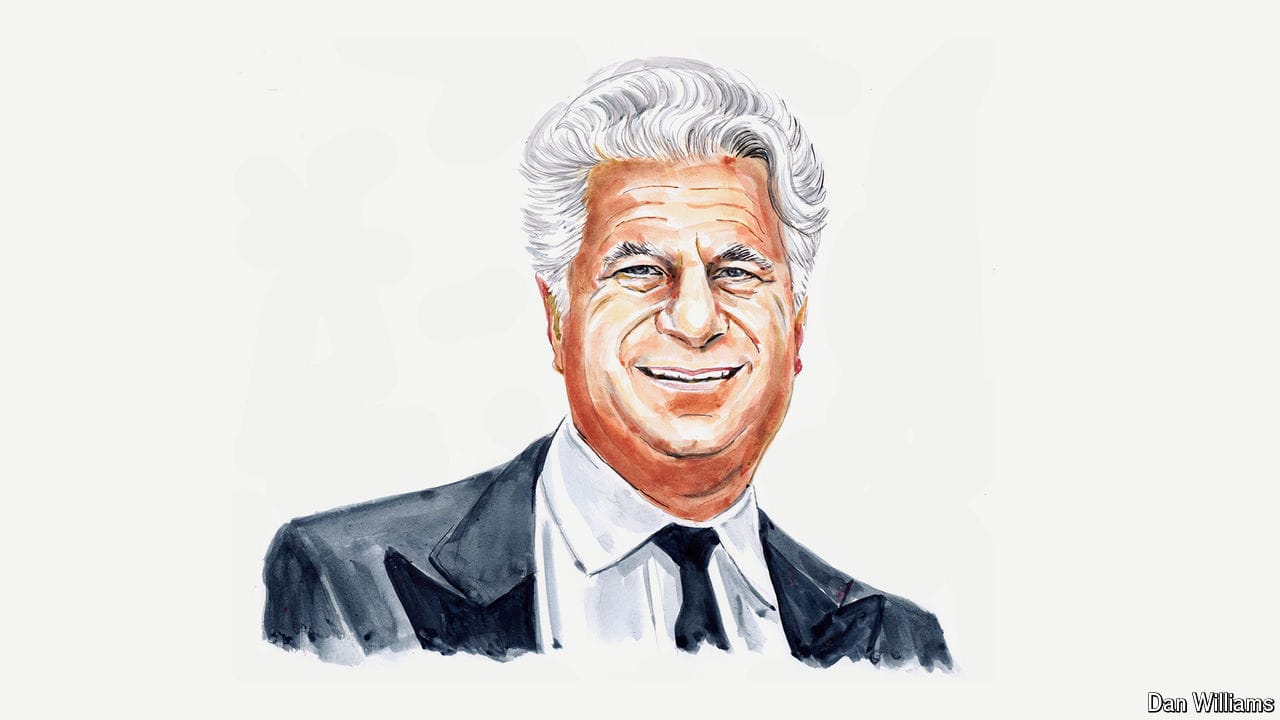Keep the code behind AI open, say two entrepreneurs
Martin Casado and Ion Stoica argue that open-source models will power innovation without compromising security

NO ONE DOUBTS that artificial intelligence (AI) will change the world. But a doctrinal dispute continues to rage over the design of AI models, namely whether the software should be “closed-source” or “open-source”—in other words, whether code is proprietary, or public and open to modification by anyone.
Some argue that open-source AI is a dead end or, even worse, a threat to national security. Critics in the West have long maintained that open-source models strengthen countries like China by giving away secrets, allowing them to identify and exploit vulnerabilities. We believe the opposite is true: that open-source will power innovation in AI and continue to be the most secure way to develop software.
Explore more
More from By Invitation

Not all AI models should be freely available, argues a legal scholar
The more capable they are, the greater the risk of catastrophe, reckons Lawrence Lessig

Neil Kinnock on the post-war-like challenges facing Keir Starmer
A lack of social cohesion compared with 1945 makes them even more daunting, says the former Labour leader and Starmer confidant

A prominent donor on why the Democrats shouldn’t anoint Kamala Harris
A competition to replace Joe Biden would better serve the party, and the country, argues Joe Ravitch
Halt the Olympics to save the planet, pleads a sports historian
David Goldblatt thinks pausing the spectacle might jolt the world into grasping the severity of the climate challenge
Rachael “Raygun” Gunn on the new sport that will invigorate the Olympics
The Australian breaker hopes we’ll all soon be talking about B-Girls, B-Boys and double airflares
A former adviser to Keir Starmer on what his victory can teach the global left
You don’t have to splurge to woo back working people, says Claire Ainsley